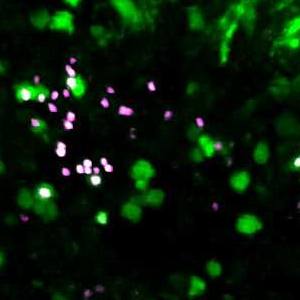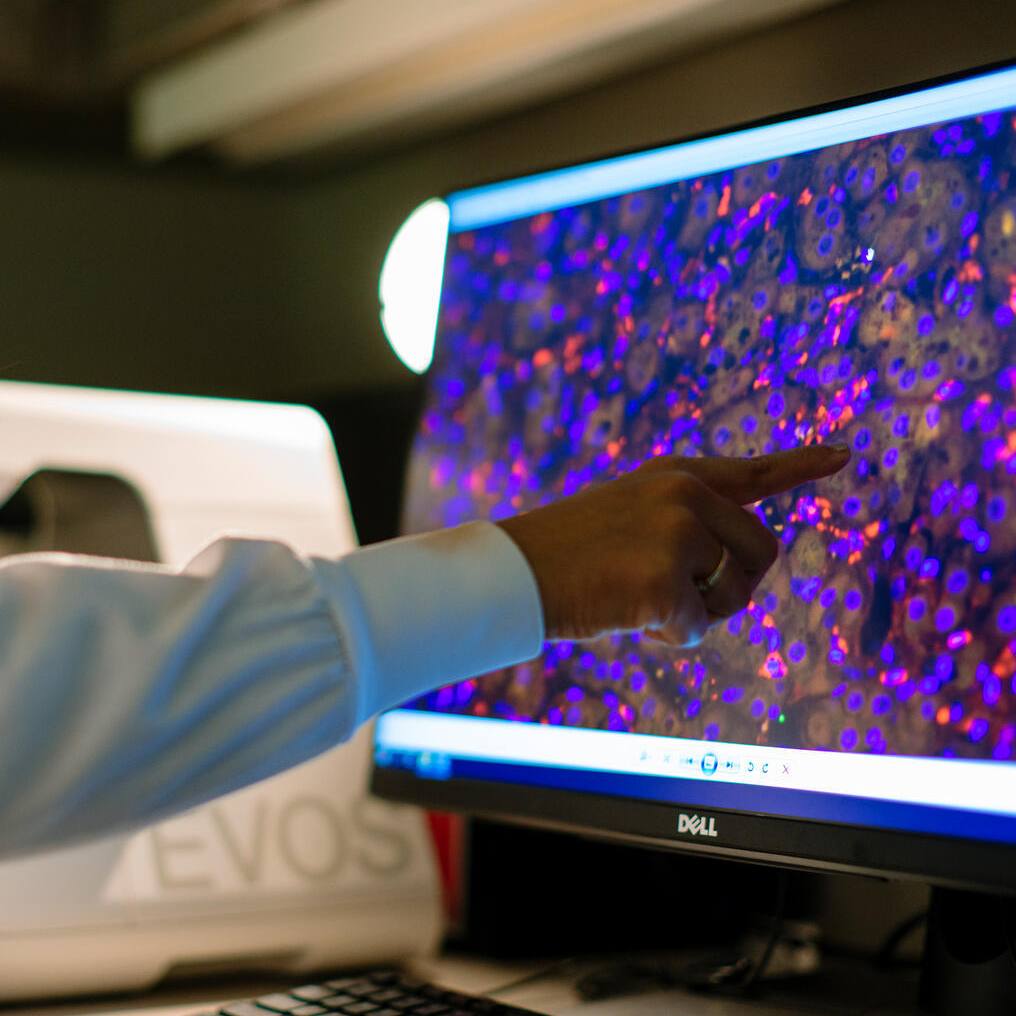 THIS WEEK'S TOP STORIES
THIS WEEK'S TOP STORIES
Childhood vaccines: Tough questions, straight answers
Childhood vaccines protect children from several serious or potentially fatal diseases, including tetanus, measles, mumps, chickenpox, diphtheria, polio, flu (influenza) and whooping cough (pertussis). Vaccination can help prevent these diseases and their potentially serious complications. Still you might wonder about the benefits and risks. What about side effects? Do vaccines cause autism? Is it OK to skip certain vaccines? Here are straight answers to common questions about childhood vaccines.
Treating pancreatic cancer
Pancreatic cancer is one of the deadliest cancers. Even with aggressive treatment, the prognosis is poor. Early detection is uncommon, it tends to spread quickly and recurrence is likely. In addition, pancreatic cancer tends to be relatively resistant to chemotherapy. Learn more from Dr. Timothy Moynihan, an emeritus Mayo Clinic medical oncologist.
EXPERT ANSWERS
Can a slow metabolism cause weight gain?
Metabolism is the process by which your body converts what you eat and drink into energy. Although there is such a thing as a slow metabolism, it's rare. And it's usually not what's behind being overweight or obese. Learn more from Dr. Donald Hensrud, a Mayo Clinic preventive medicine specialist.
Is aortic calcification a sign of heart disease?
Aortic valve calcification is a condition in which calcium deposits form on the aortic valve in the heart. These deposits can narrow the opening of the aortic valve. Severe narrowing can reduce blood flow through the aortic valve — a condition called "aortic valve stenosis." Aortic valve calcification may be an early sign that you have heart disease — even if you don't have any other heart disease symptoms. Learn more from Dr. Francisco Lopez-Jimenez, a Mayo Clinic cardiologist.
PLUS ADDITIONAL HIGHLIGHTS
Medication errors: Cut your risk with these tips
First aid for burns
Narcolepsy
7 signs you might have endometriosis
HEALTHY RECIPES
Asian vegetable salad
Spinach-stuffed sole
Braised chicken with mushrooms and pearl onions
Chocolate pudding pies
HEALTH TIP OF THE WEEK
Quit smoking: Ask for help
Don't be afraid to ask your health care provider for help to stop smoking. Treatments that can lessen cravings include nicotine replacement therapies, which can be administered with a skin patch, lozenges, gum, inhalers and nasal sprays. These items are meant to be used starting on your quit day. Other non-nicotine medication can help reduce nicotine withdrawal symptoms by mimicking how nicotine functions in your body. Treatment with these drugs should begin one to two weeks before your quit day.
Need practical advice on diet and exercise? Want creative solutions for stress and other lifestyle issues? Discover more healthy lifestyle topics at mayoclinic.org.
Receive a free e-subscription to Housecall and other health newsletters.







